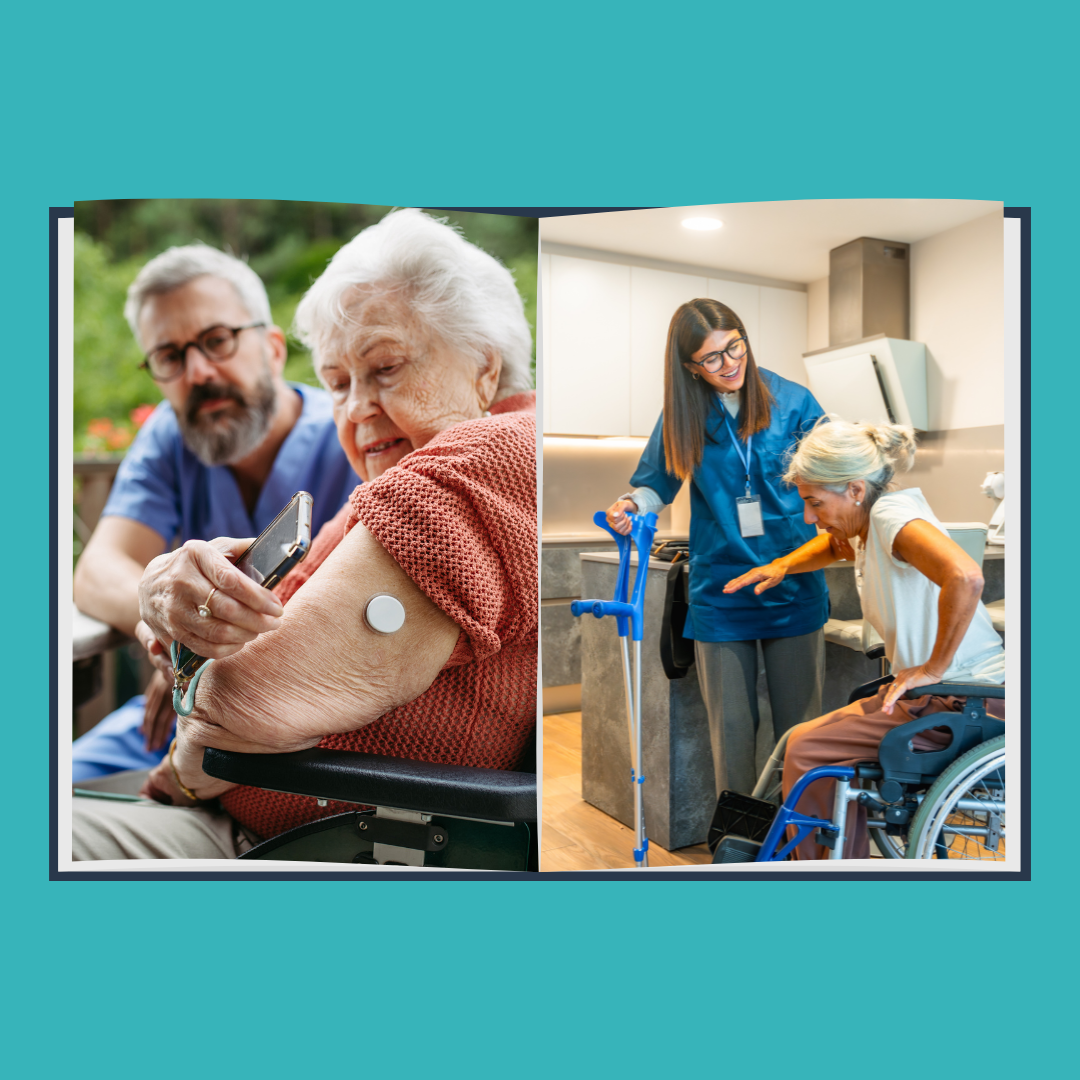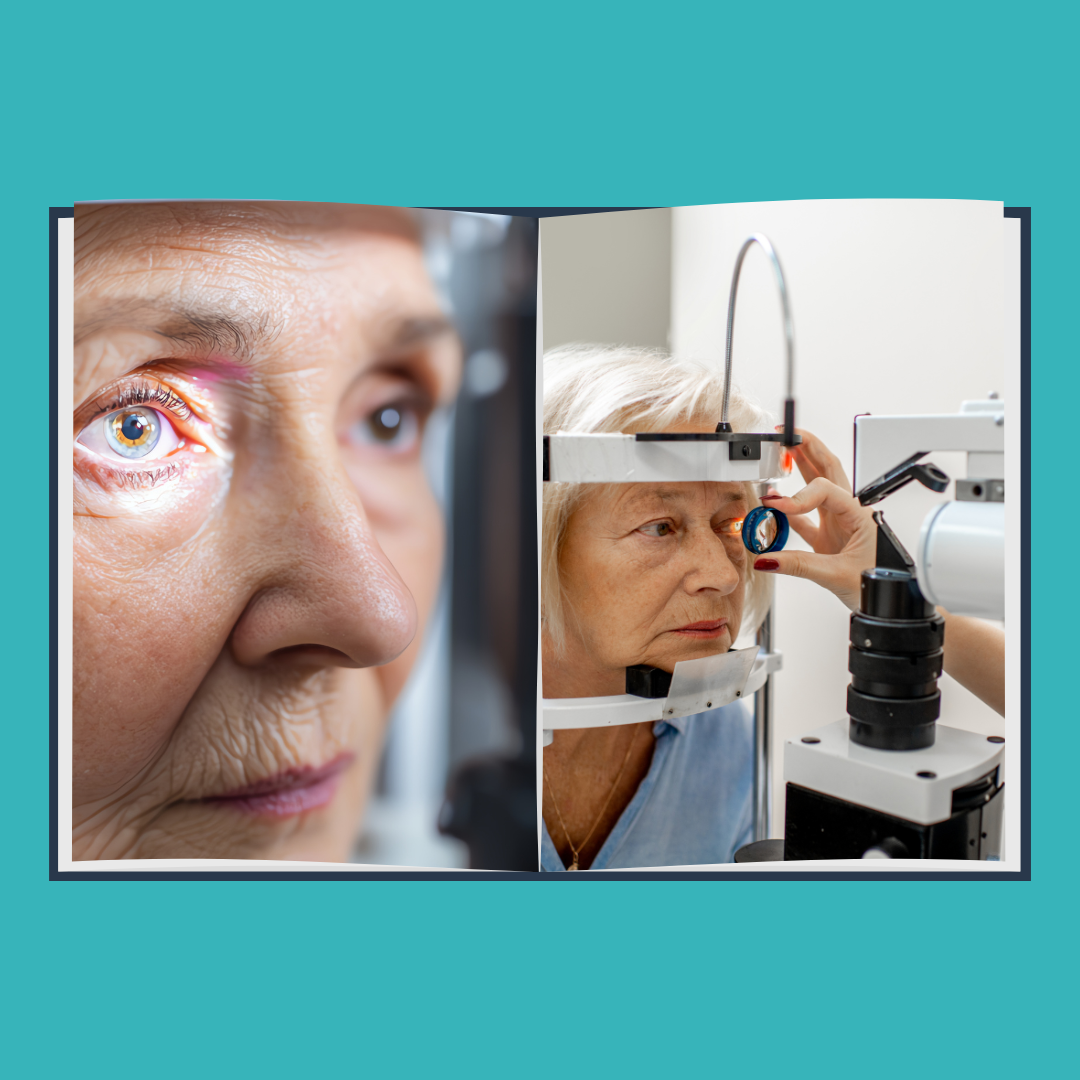New Paragraph
May 12, 2025
Managing Arthritis at Home: Comfort and Care for Seniors
Arthritis is one of the most common chronic conditions affecting older adults, impacting their ability to move, perform daily activities, and enjoy life comfortably. For seniors receiving in-home care, managing arthritis effectively involves more than just medication—it requires a holistic approach that includes lifestyle adjustments, emotional support, and personalized assistance.
This blog explores how arthritis affects seniors and offers practical tips to help manage symptoms and enhance quality of life from the comfort of home.
What Is Arthritis?
Arthritis refers to inflammation of the joints, often leading to pain, stiffness, and swelling. There are over 100 types of arthritis, but the most common forms among seniors are:
- Osteoarthritis – caused by wear and tear of cartilage over time.
- Rheumatoid arthritis – an autoimmune disease that attacks joint linings.
- Gout – caused by the buildup of uric acid crystals in the joints.
Regardless of the type, arthritis can significantly limit mobility and independence—especially when not managed effectively.
Symptoms to Watch For
While symptoms vary depending on the type of arthritis, common signs include:
- Joint pain or tenderness
- Swelling in one or more joints
- Stiffness, especially in the morning
- Limited range of motion
- Fatigue or weakness
- Difficulty walking or gripping objects
Early diagnosis is crucial to slowing disease progression and maintaining mobility.
Daily Management Tips for Seniors with Arthritis
A few adjustments to daily life can go a long way in easing arthritis symptoms:
1. Stay Active
- Encourage light exercises like walking, stretching, or chair yoga to keep joints flexible.
- Swimming and water aerobics are excellent low-impact options.
- Avoid long periods of inactivity, which can lead to stiffness.
2. Use Joint-Friendly Tools
- Opt for arthritis-friendly utensils, jar openers, and button hooks.
- Install grab bars in the bathroom and use reachers to avoid bending or straining.
3. Apply Heat and Cold
- Use warm compresses to loosen stiff joints in the morning.
- Apply cold packs to reduce swelling after activity.
4. Prioritize Rest and Sleep
- Create a calming bedtime routine to improve sleep.
- Use supportive pillows to relieve pressure on joints while resting.
In-Home Care Strategies
In-home caregivers can make life easier and safer for seniors with arthritis by:
- Assisting with grooming, dressing, and household tasks.
- Preparing anti-inflammatory meals.
- Helping manage medications and doctor appointments.
- Encouraging gentle movement and daily stretches.
- Providing companionship and emotional support.
These services not only ease physical discomfort but also help seniors maintain independence and dignity.
Nutrition for Joint Health
Eating the right foods can help manage inflammation and improve joint health:
- Increase: Omega-3-rich fish (like salmon), leafy greens, berries, olive oil, and whole grains.
- Reduce: Processed foods, red meat, sugary beverages, and excessive salt.
- Hydration: Drinking water keeps joints lubricated and supports overall health.
Managing Emotional Well-being
Chronic pain can lead to depression, anxiety, and feelings of isolation. Emotional support is just as important as physical care:
- Encourage participation in social activities, even virtual ones.
- Practice stress-relief techniques like meditation or listening to music.
- Celebrate small victories, like improved mobility or reduced pain days.
Arthritis can be a challenging condition for seniors, but with proper in-home care, lifestyle adjustments, and emotional support, it’s possible to lead a fulfilling and active life. Whether it’s managing pain, assisting with daily routines, or simply offering a listening ear, caregivers play a vital role in helping seniors thrive despite arthritis.
At Hope and Recovery Care, we’re committed to supporting seniors every step of the way—bringing comfort, care, and compassion right into your home.









